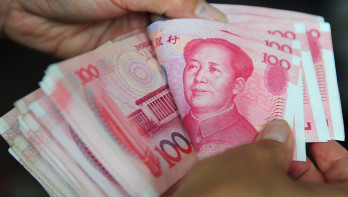Analysis Cattle & Beef
China investigates record beef imports
China has announced to investigate the imports of beef. In recent years, the import has increased significantly, leading to a substantial decline in beef prices.
China's intervention does not come as a surprise. In August, the United States Department of Agriculture (USDA) found that Chinese beef producers operate at a loss. Importing cheap meat from elsewhere plays a significant role in this.
In 2023, Chinese beef imports were 65% higher than in 2019. The USDA expects Chinese exports to reach 3.9 million tons in 2024. As a result, the Chinese beef price dropped to 59.82 yuan (€7.84) per kilogram.
China has announced that the investigation will last for eight months. During the investigation, China will not take measures that significantly impact the market. In practice, this means that Chinese import tariffs for beef will remain at 12%.
Brazil benefits significantly
The substantial beef imports mainly benefit Brazil. China imports 42% of its beef from the South American country. Brazil alone exported over 1 million tons of beef to China this year, which is about a third of Brazil's total beef exports. Argentina holds the second position, exporting 15% of the total volume. Australia ranks third and accounts for 12% of the export.
Remarkably, in early December, China decided to lift the last restrictions on the import of Australian meat. Between 2020 and 2022, China imposed restrictions on ten beef slaughterhouses after Australia called for an independent investigation into the origin of the Covid-19 pandemic. In December, China lifted the restrictions on the last major slaughterhouses.




